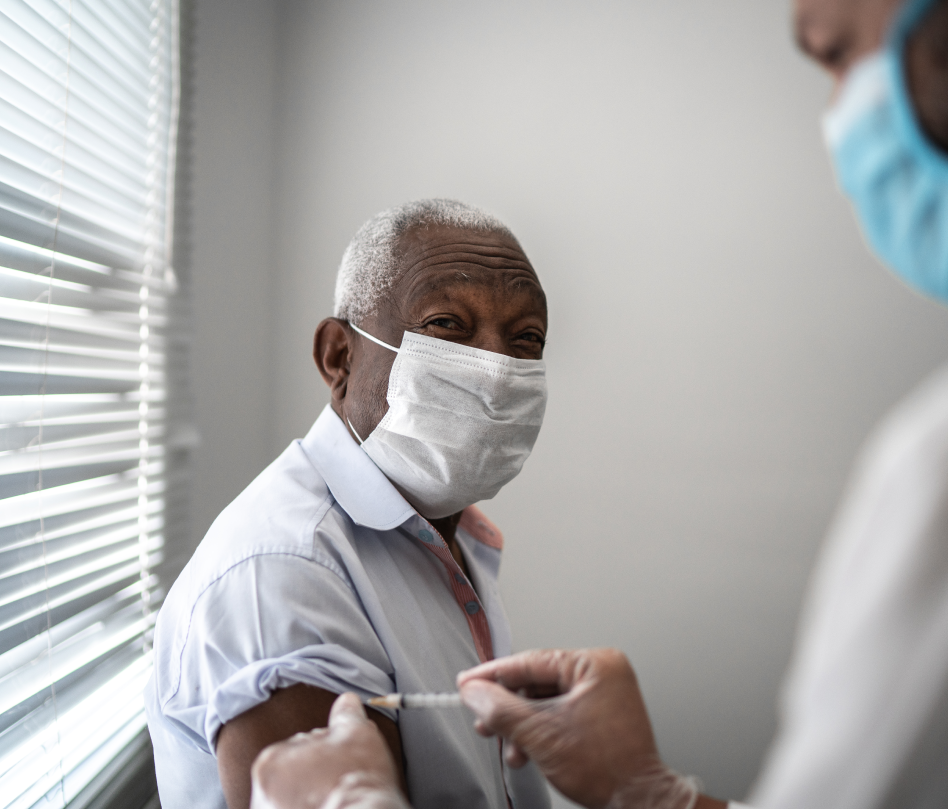This guest blog post was written by Phillip Stevens and published in The Telegraph and on Geneva Network’s website.
Last week the United States unexpectedly announced that it would join India, South Africa and others in supporting a proposal at the World Trade Organization to temporarily suspend intellectual property rights for Covid vaccines. In theory, this would free up other companies to make copies of proprietary vaccines owned by the likes of Pfizer and AstraZeneca, speeding up vaccine roll-out in developing countries.
It is to the UK government’s credit that it – along with a handful of allies including the European Union – do not agree with this simplistic proposal. The UK must continue to make the case at the WTO and elsewhere that intellectual property rights matter; they will help us end this pandemic and help us prepare better for the next one.
Consider the facts. In 18 months, Covid has gone from being an unknown disease to a preventable disease with four vaccines authorised by regulators in US, EU and elsewhere. Global production of Covid vaccines this year is estimated to reach more than 12 billion doses, potentially sufficient to achieve global herd immunity in 2022. Vaccine manufacturing at this scale and speed has never before been achieved.
IP has been the unsung hero, enabling dozens of research collaborations and manufacturing partnerships all over the world, often between competitors. Rivals have shared proprietary compounds, platforms and technologies to develop new vaccines in record times. Vaccine developers have joined forces with manufacturers all over the world – many of them commercial competitors – to boost manufacturing capacity and put us closer to that 12 billion dose target...
Read the full article here.
Philip Stevens is Executive Director of Geneva Network, a research and advocacy organization focusing on international innovation policy.
“IP has been the unsung hero, enabling dozens of research collaborations and manufacturing partnerships all over the world, often between competitors. Rivals have shared proprietary compounds, platforms and technologies to develop new vaccines in record times. Vaccine developers have joined forces with manufacturers all over the world – many of them commercial competitors – to boost manufacturing capacity and put us closer to that 12 billion dose target.”


